Laser marking technology
In the field of laser processing, laser marking is one of the most widely used technologies. Laser marking technology is the crystalline product of contemporary high-tech laser technology and computer technology. Laser marking technology is also called laser marking and laser marking. In recent years, it has been applied more and more in the printing field. Laser marking can be applied to a variety of materials including plastics and rubbers, metals, and silicon wafers. Compared with traditional mechanical engraving, chemical corrosion, screen printing, ink printing and other methods, laser marking has low cost, high flexibility, and can be controlled by a computer system. The laser marking on the surface of the workpiece is firm and permanent. Its outstanding features. The laser marking system can implement a single product identification number for mass-produced workpieces, and then mark the product with a bar code or a two-dimensional code array, which can extremely effectively help implement production process control, quality control and prevent counterfeit products. At the same time, it can inscribe various metal materials and some non-metal materials or make permanent anti-counterfeiting marks that are difficult to imitate. Through computer input and output, it adopts galvanometer scanning mode, which is fast; fully enclosed light guide system, strong adaptability to the environment; combined internal structure, easy to repair and maintain; especially suitable for online operation. The application range is very wide, such as various hardware products, metal utensils, precision equipment, auto parts, electronic components, knives, gifts, watches, plumbing equipment, glasses frames, luggage buckles, zippers, buttons, shoe buckles, computer keyboards, etc. The product’s trademark, batch number, date, barcode, marking, etc.
Laser marking principle
The basic principle of laser marking is that a high-energy continuous laser beam is generated by a laser generator. When the laser acts on the printing material, atoms in the ground state transition to a higher energy state; atoms in a higher energy state are unstable , Will quickly return to the ground state. When the atom returns to the ground state, it will release additional energy in the form of photons or quantum, and convert it from light energy to heat energy, so that the surface material will instantly melt or even vaporize, thus forming graphic marks .
The main features of laser marking:
1. Wide application range: It can mark almost all materials.
2. High marking efficiency: The laser beam under computer control can move at a high speed, and the usual marking process can be completed within a few seconds, and online marking can be realized.
3. High marking accuracy: The laser can form a very thin beam, and the thinnest line width on the surface of the material can reach the order of microns, and it can print various graphics, trademarks, bar codes, and two-dimensional codes. Laser marking can also improve product appearance and brand-name effects, and enhance product market competitiveness.
4. Low cost of use: Laser marking is a non-contact marking, which is not limited by the fatigue life of usual mold marking. The maintenance cost in batch processing is extremely low.
This is David from triumphlaser,if you have any questions about triumphlaser, just feel free to contact me.I will always here being ready to offer help.
Email:david@triumphlaser.com

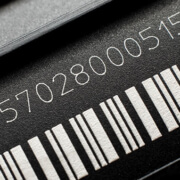
 triumphlaser
triumphlaser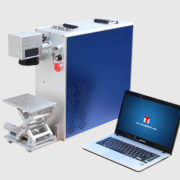
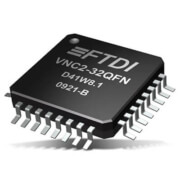
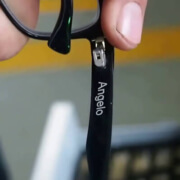
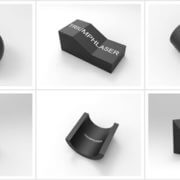
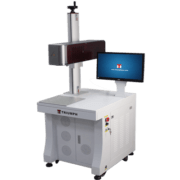

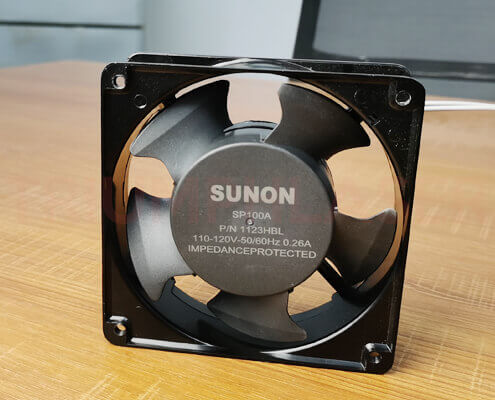
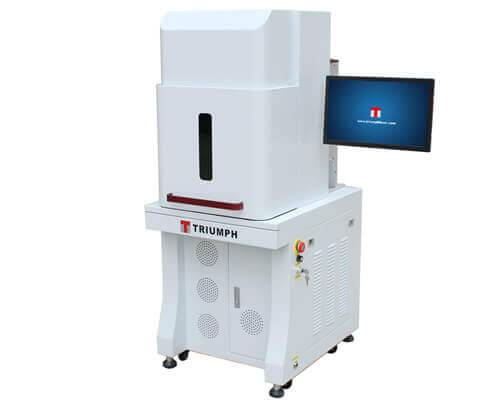 triumphlaser
triumphlaser